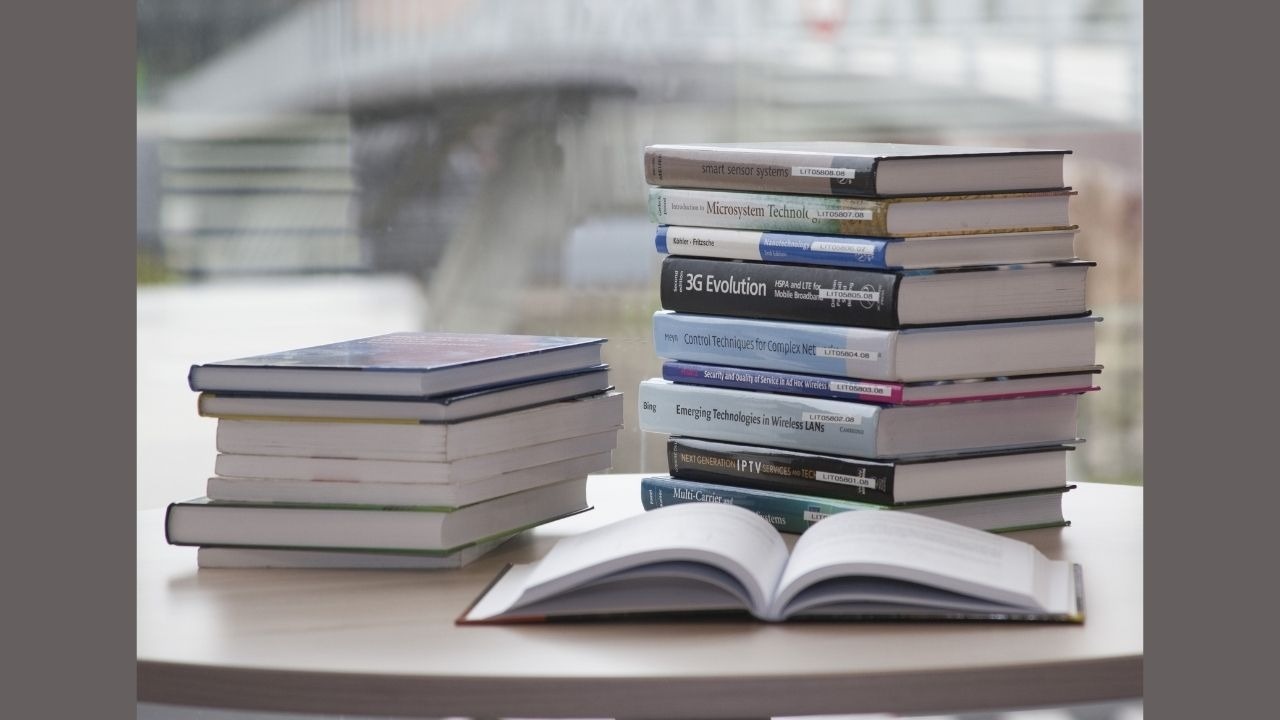
Is Knowledge Power?
Feb 14, 2022Many people like to think of themselves as powerful when it comes to knowledge. "Knowledge is power," they say. But is this true? Well, only if you take action with that knowledge. Many people know many things but never do anything with that information. Instead, they sit on it and let it collect dust, and this is not what we're talking about here. We're talking about using your knowledge to improve your life and other people's lives.
By itself, knowledge is not power.
You might have heard of the phrase "knowledge is power." It is a phrase commonly attributed to Sir Francis Bacon. In one of his works, Meditationes Sacrae, there is an expression, "ipsa scientia potestas est," which translates to "knowledge itself is power." It's very close to the exact Latin phrase for "knowledge is power," which is "scientia potentia est."
All human beings are capable of knowing, and everybody can learn. Education is considered a fundamental right. Although access to education might be difficult for some people, there are now many alternative sources of learning. The Internet alone is a gateway for providing many types of information through our technological devices and is an excellent alternative to traditional education from schools and libraries. With many ways to access knowledge, you would think that most people are already powerful or influential figures. So why are there still many people in impoverished states in the world?
Knowledge becomes power when you take action.
A person can learn and study many ideas, but if all of them will only stay in your head, they will only be useless. It's like having a nuclear power plant with so much potential to generate electricity that can benefit many people but is not put into use. For knowledge to make a difference in yourself and other people's lives, you must take action and apply your knowledge.
However, there are some reasons why people cannot utilize their knowledge correctly. Some of these are the following:
- One cannot fully understand what a particular knowledge is about, so even if one has read all the text about a specific subject, it doesn't mean one has fully understood it.
- Your beliefs make you go against what you know, so you choose to go the other way even if something can benefit you.
- One can dismiss the truth of a fact and choose to label it as false.
- A person might not have enough resources, such as money, to put his knowledge into action.
- Suppose a specific knowledge involves working with other people due to its all-encompassing benefit. In that case, it will remain useless if one doesn't have the leadership skills to influence and cooperate with other people.
- One's laziness can make somebody ignore a fact and choose not to do anything despite knowing something.
- A person might not possess the skill and know-how to apply his knowledge in practical terms.
- You cannot see the relevance of specific knowledge to your life.
- One lacks the willpower and motivation necessary to use knowledge for success.
As you can see, most things that can act as barriers to putting knowledge to good use lie within ourselves. Knowledge becomes a real power when one combines it with the following things while taking action:
- Motivation
- Willpower
- Self-discipline
- Taking responsibility for your actions
- The ability to lead others and cooperate with them
- Having a good intention for the use of a particular knowledge
- Proper skills and resources to put a piece of knowledge into good use
Knowledge makes our lives better
Our greatest asset as human beings is the knowledge we possess and how we can apply it to improve our lives. If used correctly and with good intentions, our knowledge can bring many benefits to our lives.
- If we study well in school and make good use of what we learn as students, we can help secure a better future for ourselves by having a higher chance to get a good-paying job if we have the requisite skills needed.
- Knowledge helps us know the truth, so we are not fooled by people who try to use deceptive tactics to manipulate us to do their bidding.
- Knowing and learning how to use the things around us, especially technologically-advanced devices like smartphones and computers, can help us adapt and take advantage of such things to improve our lives.
- Knowing about several things and how to apply them in your life can open up more possibilities and options so that when you fail at one thing, you have an alternative. One example of this is when it comes to doing your job. If you got laid off and are well-versed in a different industry, you can try applying for a job different from what you usually do so that you don't get limited from what can help you earn money.
- Having the proper knowledge can help us make effective decisions and create a better life by knowing what is right or wrong, prioritizing the things that matter, and achieving success by going beyond what you can do and improving yourself.
If you want to achieve anything you want in life, you must learn what is necessary to succeed in a particular field and take action to fulfill it. Life is a continuous process of learning, and one must continue to learn something that can help improve his life and possibly others. Knowledge empowers people beyond what one learned from school. Knowledge is indeed power when it goes beyond an idea in our head and gets applied in ways that can benefit ourselves and the people around us.



